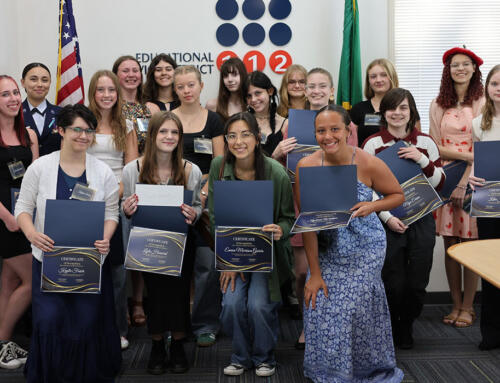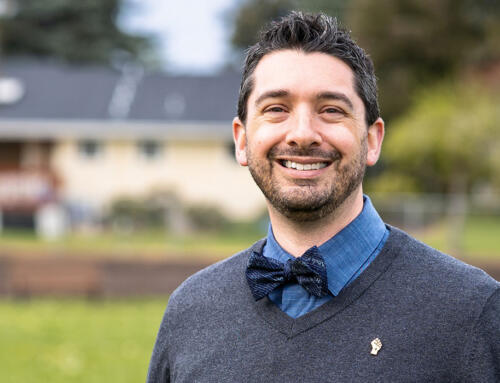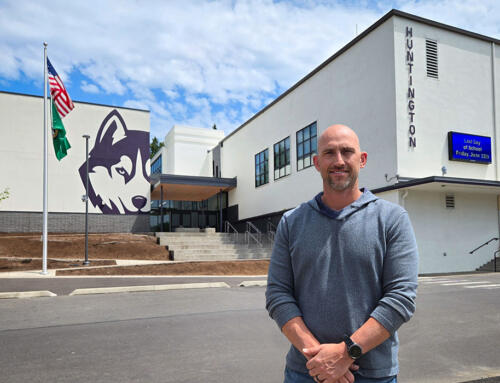A diverse and inclusive workplace is one that makes everyone, regardless of who they are or what they do for the business, feel equally involved in and supported in all areas of the workplace.
Workplace inclusion is when people feel valued and accepted in their team and in the wider organization, without having to conform. Inclusive organizations support employees, regardless of their background or circumstance, to thrive at work.
If you work in the office or with students and families, these tips & habits can add to your practice!
Habit #1
Learn people’s names, double-check how to pronounce them correctly, greet people by name, and say goodbye to people by name.
Habit #2
Slight change in language from “Do you have any questions?” (at the end of a meeting or when explaining something) to “What questions do you have?”
Habit #3
Instead of always starting off a conversation/meeting with people with “How are you?” you could try other options that might lead to increased connection:
- It’s great to see you
- It is great to connect with you again
- I’ve been looking forward to seeing you/chatting with you
- Anything you would like to share before we get started?
- Good to see you – what is something that has gone well for you lately?
- What has your day/week been like?
Habit #4
When introducing yourself, include which pronouns you prefer using. This opens the door for this practice to be normalized and encourages others to feel comfortable sharing their pronouns as well. It is a respectful gesture. Remember that while this might not be something that is very important to you, that doesn’t mean that this is not deeply important to others.
Habit #5
Before you make a comment to another person, pause first and ask yourself: What might be the impact of my comment on this person? Is my comment necessary? Is my comment kind? After you have paused and answered those questions for yourself, if your comment will have a positive impact on the person, is necessary, and is kind, you can move forward with saying that comment. If it does not meet those criteria, you can refrain from saying it.
Want to Learn More?
Please visit the ESD 112 Inclusionary Practices page or contact our Inclusionary Practices Coordinator, Gahlya Auel at gahlya.auel@esd112.org.





 ESD 112 equalizes educational opportunities for learning communities through innovative partnerships, responsive leadership, and exceptional programs.
ESD 112 equalizes educational opportunities for learning communities through innovative partnerships, responsive leadership, and exceptional programs.